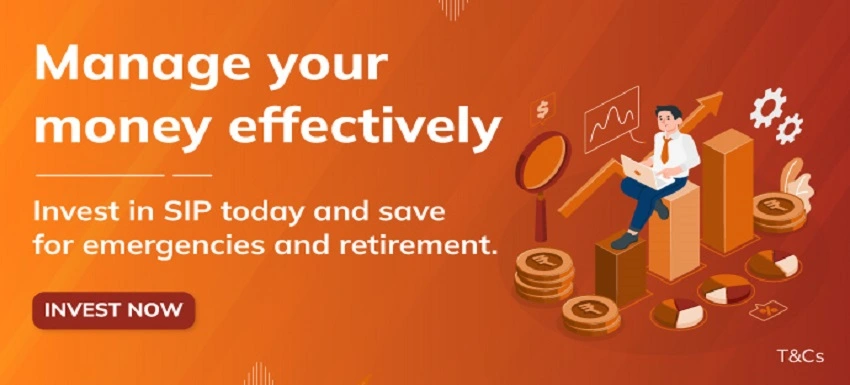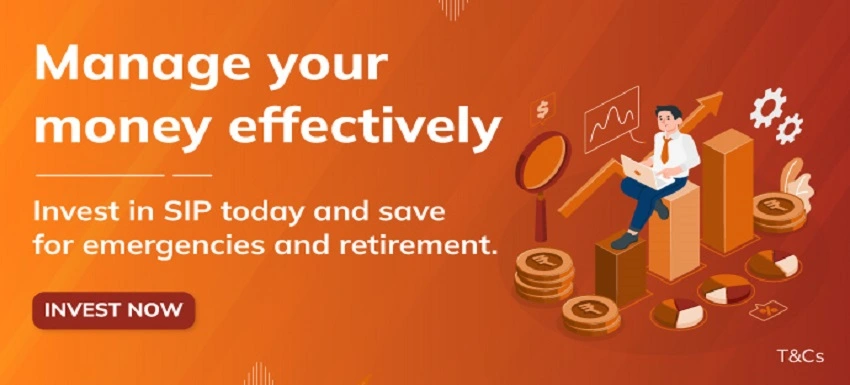THE
ORANGE
HUB
Debt Funds: Meaning, Types and Taxation

Debt Funds are a suitable investment option for people who prefer low-risk investments. They are especially good for new investors. These funds put money into Debt Securities and pay a fixed interest rate. Compared to the more unpredictable equity market, the debt market is steadier and gives investors more options for short-term investments.
Understanding Debt Mutual Funds
Debt Mutual Funds (MF) are investment vehicles that pool money from various individuals and institutional investors to invest in a diversified portfolio of Debt Securities. These securities include Government Bonds, Treasury Bills, Corporate Bonds, and Money Market Instruments. Managed by Asset Management Companies (AMCs), these funds aim to provide investors with regular income while preserving capital.
The Appeal of Debt Funds for Low-Risk Investors
For those who are new to investing or have a low-risk appetite, Debt Funds offer an attractive gateway. They are known for investing in Debt Securities, providing a fixed rate of return and being less volatile compared to the equity market. This stability makes them a preferred choice for investors looking for short-term investment avenues while ensuring the safety of capital.
Debt Funds vs Equity Funds: Understanding the Difference
While both Debt and Equity Funds are crucial for a diversified investment portfolio, they cater to different risk profiles and investment strategies. Equity Funds are suitable for investors with a high-risk appetite and a long-term investment horizon, as they invest in stocks and shares of companies with the potential for higher returns but greater volatility.
In contrast, Debt Funds focus on generating steady income with minimal risk. They invest in instruments like Government and Corporate Bonds, which promise a fixed interest rate and are generally more stable than stocks. This stability is particularly appealing during times of market uncertainty, where Debt Funds can provide a cushion against the fluctuations seen in the equity markets.
Choosing the Right Debt Fund
With many options available, selecting the right Debt Fund can be a challenge. Investors should consider factors such as investment horizon, risk tolerance and financial goals. For instance, liquid funds or ultra-short-duration funds are ideal for short-term goals, whereas medium to long-duration funds may be more suited for investors with a longer investment horizon.
It's also crucial to understand the Tax implications of your investment in Debt Funds. With the recent changes in Tax laws, the Long-Term Capital Gains (LTCG) from Debt Funds are now taxed without the benefit of indexation, which needs to be factored into the investment decision-making process.
Why Debt Funds?
Debt MFs are an attractive option for those seeking less volatile investment avenues compared to Equity Funds. They offer several benefits:
Stable Returns: Debt Funds typically generate returns through interest income and capital appreciation, making them a predictable source of income
Diversification: These funds invest across various debt instruments, reducing risk through diversification
Liquidity: Debt Funds are known for their liquidity, allowing investors to buy and sell units with ease
Professional Management: AMCs ensure that the funds are managed by experts, maximising potential returns.
Types of Debt Mutual Funds
Debt MFs come in various forms, each catering to specific investment horizons, risk profiles and financial goals.
Overnight Funds: Invest in securities with a one-day maturity, focusing on liquidity rather than high returns
Liquid Funds: Target Debt Securities maturing in less than 91 days, ideal for parking surplus cash for short periods
Ultra-short Duration Funds: Suitable for a horizon of at least 3 months, offering slightly higher yields than liquid funds
Low-Duration Funds: These moderately risky funds are apt for investments lasting around 6 months to a year
Money Market Funds: Invest in instruments maturing up to one year, generating returns from interest income and capital appreciation
Short-Duration Funds: Invest in a mix of short and long-term debt funds, suitable for a 1-3-year investment tenure
Medium to Long Duration Funds: These funds invest in a combination of short and long-term Government and Corporate Debt Securities
Fixed Maturity Plans: Closed-end funds matching the term of the scheme with the maturities of Debt Securities
Corporate Bond Funds: Invest predominantly in high-rated Corporate Bonds
Credit Risk Funds: Focus on Corporate Bonds rated AA or below, offering higher yields at increased risk levels
Banking and PSU Funds: Invest in debt instruments issued by banks, PSUs and public financial institutions
Gilt Funds: These funds invest exclusively in Government Securities
Floater Funds: Primarily invest in floating-rate bonds
Dynamic Funds: Have no restrictions on security types or maturity profiles, adjusting portfolios according to market conditions.
Working of Debt Funds
The functioning of Debt Funds revolves around purchasing debt instruments at a lower cost and selling them at a higher price in the future. The difference in buying and selling price influences the Net Asset Value (NAV) of the fund. Regular interest income from these instruments also adds to the fund's NAV.
NAV and Market Dynamics
The NAV of Debt Funds is affected by market interest rates and the credit rating of underlying assets. A decrease in market interest rates can lead to an increase in the price of existing higher-interest bonds, thus enhancing the NAV.
Taxation of Debt Funds
The taxation of Debt MFs depends on the holding period:
STCG: If sold within three years of purchase, the gains are added to the investor's income and taxed according to their Tax slab
LTCG: For holdings exceeding three years, the gains are taxed at <20>% with indexation benefits.
Who should invest in Debt Mutual Funds?
Debt Funds are particularly suitable for:
Short-Term Financial Goals: Ideal for objectives like buying a car or planning a vacation, due to their low volatility
Those seeking Higher Returns than Traditional Instruments: For those willing to take moderate risks for better returns than traditional fixed-income instruments.
ICICI Bank and Debt Mutual Funds
With ICICI Bank, investing in Debt MFs becomes a seamless and paperless process. The Bank's robust platform allows for easy tracking and investment in new funds, providing a range of options from lump sum investments to various SIPs like Freedom SIP and Do-it-Yourself SIP.
Trust and Performance
ICICI Bank's investment services are backed by high app ratings and a significant amount of managed investments, showcasing trust and reliability.
Debt MFs stand out as a wise choice for investors seeking stable returns, diversified portfolios and professional management. With the variety of funds available, there is a Debt Fund for every type of investor. ICICI Bank's offerings in this category further simplify the process, ensuring accessibility and efficiency.
Scroll to top











